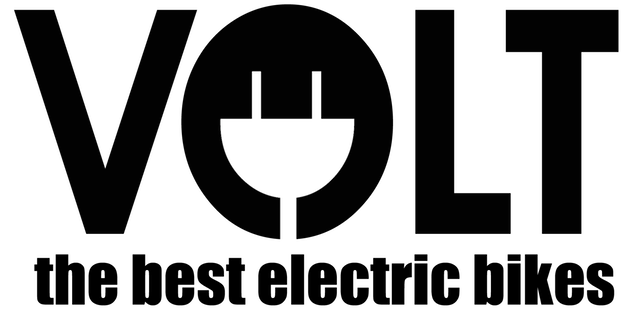
Best Commuter Bikes
What defines the best commuter bikes? Defining “best” is totally relative, so factoring in the demands of a commuter; we came up with the following.
They’re Comfortable
No one likes to be going to and from work with any stress or tension, or even pain in their body. Part of this is down to riding position, but finding a suitably comfortable bike for your commute is important.
They’re Affordable
Getting to and from work shouldn’t eat away at your income. Cycling should be cheaper overall than anything. Even incorporating cycling on a small part of your journey can help cut the cost of commuting compared to public transport or driving.
They’re Quick
Cycling on the whole must be able to match or shorten the time it take to commute to and from work. Bicycles can generally travel through traffic relatively easily, maintain a high average speed and take shorter, more direct routes (if you know your shortcuts well), but the best commuter bikes must be fast.
…and they DON’T require a shower at the other end!
The bane of a cyclist who commutes is the “sweaty suit syndrome”. Simply put, it means you have to have a shower, or at least get changed after you arrive at work. This makes the whole idea of saving time on your journey somewhat pointless, and employers “angst” over having to provide shower facilities.
There is a solution which covers all these points. The best commuter bikes are electric bikes. Electric bikes feature a small battery and motor which provides assistance to you as you pedal or provides "power on demand" to give you that all important boost.
Whether you want to effortlessly cruise across a city, or cut the cost of your commute, or even get healthier - electric bikes are by far the best way.
Like “traditional” bikes, electric powered bicycles come in various different types, each with differing advantages. The best electric bikes for commuting are folding electric bicycles since they can compact down into a rucksack or bag so you can easily carry them on a train, or a bus – even in the office (so no fears of your bike being nicked outside) and can be made ready to ride in as few as 15 seconds on some models.
In order to fold up as small as possible, folding electric bikes tend to have smaller wheels which don’t take as kindly to an off-road routing as a mountain bike for example. If you’re journey does involve travelling on dirt a lot, a folding bike may not be the most suitable, even with an electric motor to help you along.
Similarly, if you don’t need to fold up your bike often to get it on a train or in the office, or if you have more mileage to cover that may be slightly harder with smaller wheels, a dedicated road bike may be more up your street.
Learn more about other commuter bikes...--> Choosing a Mountain Bike --> Choosing a Road Bike
On the subject of cyclists “sweaty suit syndrome” commuters travelling by electric bike don’t have to shower and change after getting to work. The pedal-assist or “big red power button” means you can do as little (or as much) work as you like. More over, the wind-chill effect from cycling at a higher speed will help keep you cool easier.
...And did you know that electric bike exercise is more likely to help you become fitter than normal cycling?
Electric bikes are also much more affordable per day, mile or any other metric you could possiblycompare them with than public transport or driving.Not only are they much more affordable but they’re also quicker. Cyclists are able to take shorter, more direct routes to work – but particularly around roads and busy junctions, an electric motor can make all the difference in getting away from the accelerating traffic.
In summary, the best commuter bikes are electric and foldable because they're quicker, more affordable and you don't need a shower after
Award Winning Dealers
Join a E-Bike Community
News and Reviews
Peter Eland, editor of Electric Bike Magazine puts together a fantastic quarterly magazine. And you can read it all online too.

